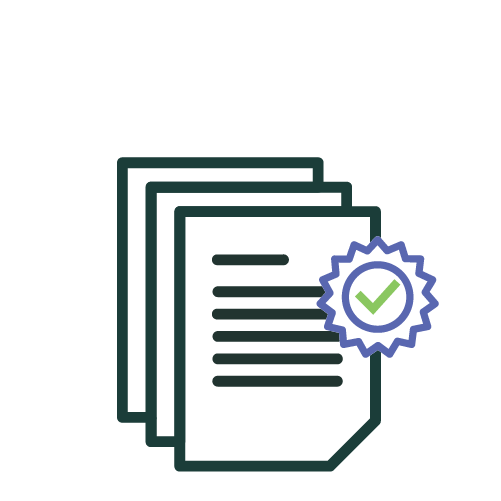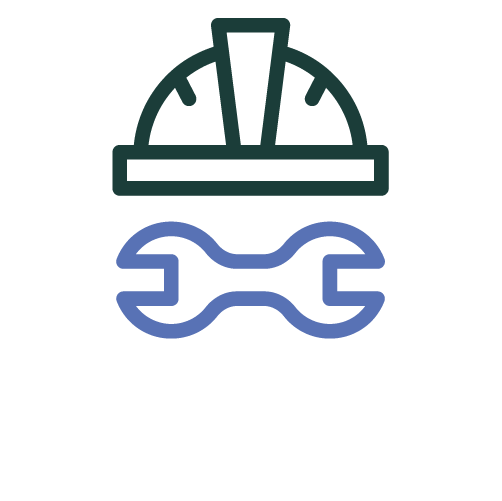Training packages are a collection of units of competency, skill sets and qualifications that outline the required knowledge and performance criteria for job roles within industry, and how these can be assessed to determine if a worker is competent.
Training packages also include one or more quality assured companion volumes, to assist RTOs with the implementation of units, qualifications and skill sets.
Registered training organisations (RTOs) use training packages to help design their curriculum or training programs. Training packages do not prescribe how an individual should be trained.
RTOs are responsible for assessing whether an individual meets the skills standards specified by industry and described in a training package, and for issuing a nationally recognised unit of competency, skill set or qualification where appropriate.
Why are they important?
Training packages contain national skills standards, aligned to job roles across an industry

Development, training, assessment

Productivity

Safety for workers and public
A training package is comprised of

Units of Competency
A work function
Are building blocks for skill sets and qualifications
Example: TLIS2035 Install and repair fences and gates

Skill Sets
A specialist industry need or regulatory/licence requirement
Approx. 2-7 units, can provide potential pathway towards a qualification
Example: AHCSS00160 Recognise Aboriginal Cultural Sites Skill Set

Qualifications
A job role
Approx. 13-30 units
Example: AHC30122 Certificate III in Agriculture (Dairy Production)
Where are training packages used?

Registered Training Organisations
Formal training and assessment

Workplace
Informal on-the-job learning and assessment
Training Packages also include companion volumes to assist with implementation of units, skill sets and qualifications